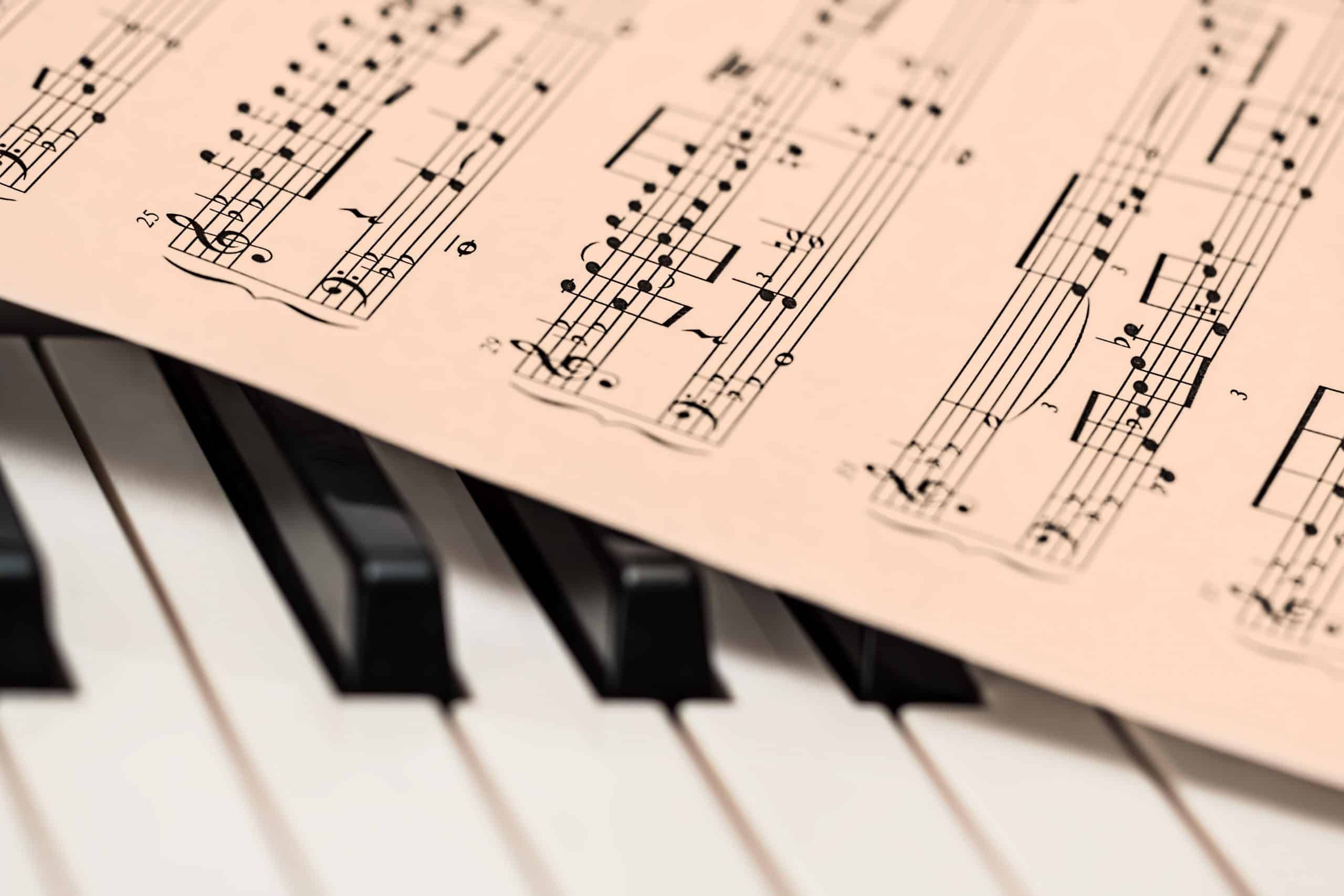
The Benefits of Music For Grief
Music can be extremely healing. It takes us back to a time when we felt something — happiness, sadness, gratefulness — whatever it is, when we hear it, we are transported back in time. Music allows us to access our deepest emotions, helping us discover, experience, and accept them fully. Music gives you an outlet to grieve when words are impossible at the moment. And it gives you a connection with others who may also be grieving. If you are grieving in Santa Clara and elsewhere, you may benefit from bereavement services as well as listening to music — both great ways to navigate the healing process.
Brain, Music, Grief: How Are They Connected?
Our brains have a pleasure center where feel-good neurotransmitters congregate and make us feel good when we engage in certain things. When faced with loss and grief, sometimes people turn to negative coping strategies to stimulate that pleasure center, like eating sugary foods, drinking alcohol, gambling, or engaging in retail therapy. But sometimes we turn to positive coping strategies, and it turns out, music is connected to that pleasure center of our brain.
It’s a wonderful coping tool because it doesn’t harm anybody. It just allows you to sit back and relax as you benefit from the release of those neurotransmitters without resorting to addictive or dangerous behaviors, such as drinking a bottle of wine, eating a gallon of chocolate ice cream, or flushing your savings down the drain at the local casino.
So we know that music gives us pleasure and improves our mood, but research actually shows us that certain types of music can even boost memory and concentration, according to What’s Your Grief?. Music can help you be more productive, make better decisions, work more efficiently, get an energy boost and reduce stress levels. One particular study revealed that after listening to happy music, participants who were shown a neutral face interpreted it as being happy, while those who listened to sad music interpreted it as being a sad face.
Music is vital both for emotional expression and for recalling memories, lessening the emotional pain experienced by the grief-stricken person, says Dannielle O’Keefe in Music For Grief. One study conducted on post-funeral “remembrance activities” found that listening to and playing music supported the bereaved person’s expression of grief, while powerfully promoting their connection with the deceased.
How Music Helps You Grieve
No two people grieve in the same way. But music is a universal connector of people, and for that reason, most people can relate to its healing powers. Grief is not pretty. It unleashes scary, uncontrollable, and unknown emotions, leaving you with a feeling of being out of control.
Music tethers us to a place of security. It allows us to tap into our deepest emotions, helping us discover those emotions, giving us a safe space from which to process our emotions and tame the overwhelming. Music is a tool to navigate grief, while we consciously influence, direct and channel raw emotions that we may not otherwise know what to do with. Using music to create your story, you can redefine your relationship with grief and even transform it into a thing of beauty.
Perhaps most notably in times of grief, music lets us remember, forging and solidifying the connection you had in life with your loved one. That part of you, that relationship, lives on forever in music. We can even use it to become stronger through our grief, even though at the beginning we may feel that healing is impossible.
Listening to music when grieving has many powerful benefits. Music helps us:
- Remember the good times, and the not so good times
- Discover hidden feelings
- Feel fully
- Say goodbye
- Direct and channel emotions
- Create a safe space for grief
- Connect body and mind
- Transform pain into beauty
- Connect with others in new ways
Music also offers a variety of health benefits, reducing stress, easing depression, and boosting the immune system. Who knew music could have such positive physical benefits? Whether you play your own music (compose, write, score, play), or you simply listen to the radio, you can reap the many healing rewards it offers.
Music also has the power to accompany you through grief as you face the myriad challenges after the death of a loved one. Music’s healing benefits go far beyond the immediate aftermath of the loss (i.e., funeral, etc.), accompanying you throughout all stages of grief — essentially keeping you company as you move through loss. Indeed, music gives us an escape when life’s challenges get too overwhelming and unbearable.
Contact Pathways Home Health and Hospice
We offer many forms of bereavement services here at Pathways. Maybe you would benefit from joining a support group, or perhaps you would feel more comfortable with one-on-one grief counseling. Whatever the case, we are here to ease your grief. Contact us today at 888-978-1306.

